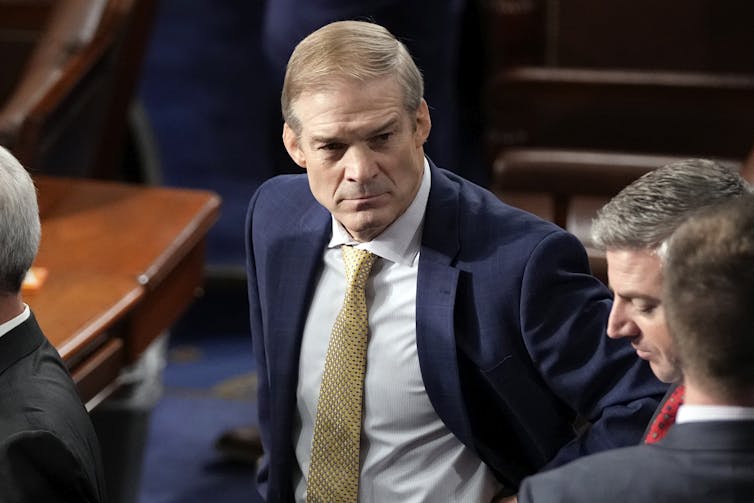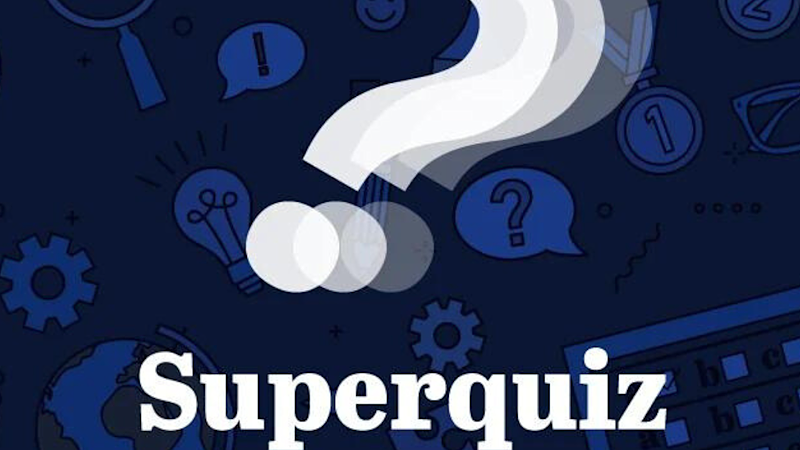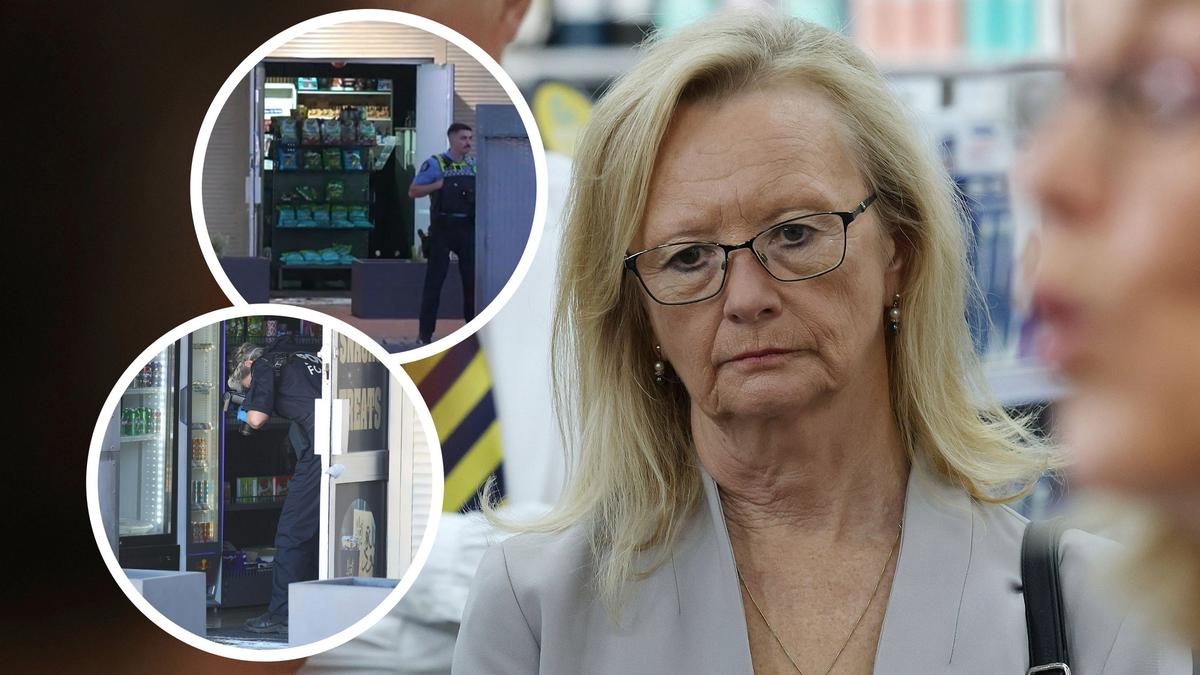
The US House Committee on the Judiciary has formally invited Australian eSafety Commissioner Julie Inman Grant to testify regarding the implications of Australia’s Online Safety Act. This invitation comes as the act has drawn attention for its perceived censorship measures, particularly in light of recent debates surrounding social media regulation.
Committee Chair Jim Jordan expressed his concerns directly in a letter, stating that Inman Grant’s role as a primary enforcer of the Online Safety Act positions her uniquely to discuss the law’s impact on free speech. The request highlights the growing scrutiny of internet censorship in the United States, where such issues have become increasingly polarizing.
While the Judiciary Committee can summon witnesses for hearings, it lacks the authority to compel foreign officials like Inman Grant to appear. This means she has the discretion to decide whether to comply with the request. The committee’s interest in her testimony reflects a broader concern over how foreign legislation may influence American discourse.
Censorship and American Individualism
The issue of censorship has evolved into a contentious topic in US politics, particularly during the COVID-19 pandemic when government intervention in social media became a focal point of public dissent. Many Americans reacted negatively after learning that the Biden administration collaborated with platforms like Facebook to moderate pandemic-related content. Notably, Mark Zuckerberg, CEO of Facebook, faced scrutiny from the Judiciary Committee over these actions last year.
The political landscape has been further complicated by a general resistance among Americans to government regulations. This sentiment spans various issues, including firearms, health mandates, and even social media usage. Many citizens view any form of governmental control over online expression as a direct affront to their rights. This skepticism has fueled the agenda of groups like the House Freedom Caucus, of which Jordan is a prominent member.
Inman Grant’s case has added fuel to this fire, especially regarding a request made by the eSafety Commissioner to remove content globally from X, the platform formerly known as Twitter. This request involved a video related to a violent incident in Sydney, prompting debates about the reach and implications of such takedown orders, particularly in relation to American users who might lose access to critical information.
Political Ramifications and Future Implications
The clash between Australian and American regulatory approaches to online content underscores a complex relationship shaped by differing cultural attitudes towards censorship. While the Freedom Caucus advocates for minimal government intervention, they also recognize the potential implications of foreign regulations on domestic free speech.
As Inman Grant navigates this political landscape, her potential testimony could influence how similar laws are perceived and implemented in the future. Given the connected nature of the global internet, actions in one country can reverberate across borders, impacting user experiences worldwide.
For now, Inman Grant weighs her options as she considers whether to engage with the US Congress. Her decision could signal her stance on the balance between online safety and free expression, a topic that resonates deeply with many citizens in both nations.
The ongoing dialogue about censorship and digital governance remains critical, especially as more governments evaluate how to manage content on social media platforms. As these discussions unfold, the actions of both the US Congress and Australia’s eSafety Commissioner will likely shape the future of internet regulation on a global scale.







